To ensure its operation, an air compressor stores air that’s been compressed with the aid of an air filter. This filter is specially designed to rid the compressed air of contaminants such as dust and rust particles which, if left unchecked, can lead to damages to the compressor as well as its related apparatus. Such filtered air can then be used effectively to operate power tools such as nail guns and spray guns.
Among all the air-filtration options out there, particulate filters remain the most popular. Crafted from stainless steel or nylon, this mesh screen setup focuses its attention on any particles clocking in at a particular size or higher. Crocheted in an intricate lattice pattern, the mesh size of this filter becomes the arbiter of what can be filtered away and what has to stay.
To purify air compressors from oil and other pollutants, coalescing filters make use of a multi-layered media that naturally binds with these impurities. Air is allowed to pass through these filter layers which absorb the oils and contaminants, thus preventing their entry into the system.
Air compressor filters conclude with the incorporation of an activated carbon filter. This specialized filter is engineered to purify air of any odors or gases. Its construction entails a spongy material which absorbs the odors and gases, thus producing a clean atmosphere.
When selecting an air compressor filter, it is imperative to factor in the type of air compressor used, as well as any hazardous particles that must be filtered out. In other words, a filter configured for removing dust might not be adequate for eradicating oil or other contaminants. Furthermore, it is vital that the filter can withstand the air compressor’s pressure.
For the optimum performance of your air compressor, it is vital to clean the filter with regularity. All the gunk which has collected on the filter can be taken away using a vacuum truck or air compressor add-ons. Ensuring it’s totally clean before you switch it out for a fresh filter is essential for sustained efficacy.
Maintaining a functional air compressor system is reliant upon the effective use of air filters. These components provide a filtering service which keeps the air free of impurities and other damaging materials. Through this action, air compressors and associated hardware are safeguarded from harm while avoiding any odours or gas particles in the atmosphere. To guarantee a steady and quality performance, air filters should be regularly cleaned and changed.
Air compressor air filters are a necessity in any air compressor system, offering protection against potentially harmful particles and contaminants. The use of these filters guarantees clean air which is then compressed for multiple purposes; failure to do so could result in lowered performance, enhanced maintenance costs, and hazardous working conditions. Without the filter, the purity of the air would be significantly diminished.
Air compressor filters are engineered to screen out airborne particles and pollutants in the air before they have the chance to be put to use. These particles could include dust, dirt, pollen, mold spores, as well as other kinds of particulate or gases/vapors. To function efficiently, the filter must be able to trap these particles so that the air can easily pass through undisturbed.
An array of tightly interwoven fibers form the pleated filter – the most popular kind of air compressor air filter. These fibers are capable of capturing and maintaining particles in the air while simultaneously allowing airflow to pass through for continuous use. The pleated filters can be rinsed and used again, making them an effective and budget-friendly choice for many applications.
For those looking to purify the air, pleated and carbon air compressor filters can both be of benefit. Carbon filters offer a foundation of protection, trapping noxious gases and vapors in their activated carbon fabric. Meanwhile, oil filters do their part, opting to capture oil particles to keep the air stream clean and free from contamination. Combined, these two options make air filtration a breeze.
The quality of air in your air compressor is an important factor to consider, and the simplest way to maintain it is by regularly replacing your air filters. Depending on the product, this could range from a couple of months to a couple of years; so make sure to check the manufacturer’s instructions so that you know the exact replacement schedule for your particular model.
For optimal performance and to protect your air compressor, it is paramount that you choose an air filter that has been specially crafted for the type of compressor you possess. Floundering around with unsuitable filters can introduce a multitude of issues including diminished performance and even damage. To achieve ideal outcomes, it is appropriate to ensure that the filter is properly installed and securely affixed.
To keep your air compressor functioning at its best, don’t forget to routinely tune it up. Take a look at all the hoses, valves, and other components to make sure nothing needs to be replaced due to wear or damage. Also, keep it nice and tidy by wiping down all the dust and debris that has settled in the system. Keeping up with this routine maintenance is vital in ensuring optimal operation of your air compressor.
Maintaining clean air throughout the air compressor system is paramount for safe working conditions and optimal performance. Air compressor air filters play a vital role in achieving this objective – by continually filtering out contaminants and particles, these filters help ensure the quality of air remains high. Without air filters, the consequences could be severe: lower performance capabilities, increased maintenance costs, and hazardous working environments.Swapping out or cleaning these crucial components regularly ensures your compressor will function at its peak.
Post time: 2023-07-10Related Product
Warning: Use of undefined constant rand - assumed 'rand' (this will throw an Error in a future version of PHP) in /www/wwwroot/www.sunritamachinery.com/wp-content/themes/msk5/single.php on line 69
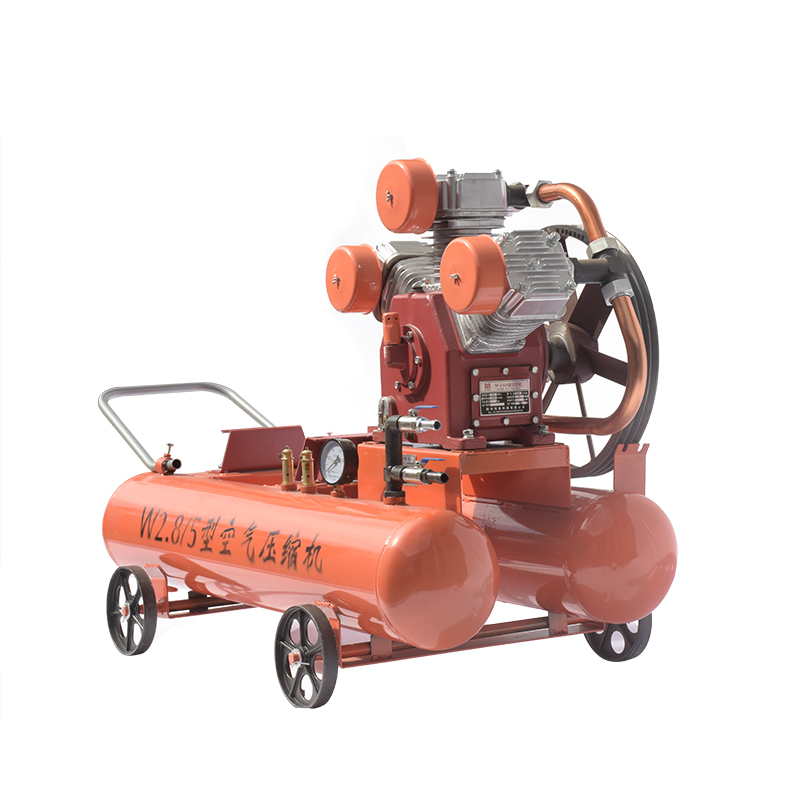
15KW Mining Diesel Piston Air Compressor W2.8-5
Diesel Portable Piston Air Compressor Mobile for Jack Hammer / Mining 1.Simple structure,light weight,easy to move . 2.Easy operating and maintenance. 3.High quality air delivery. […]
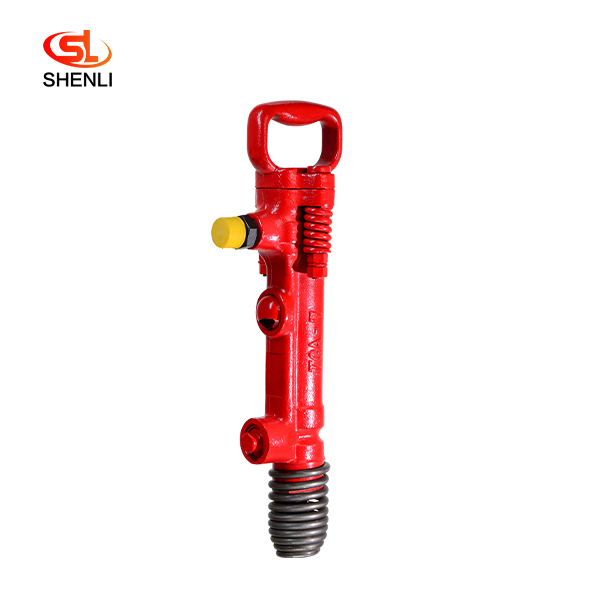
TCA7(G7)Pneumatic Pick Air Shovel Cement Crusher Pneumatic Chipping Hammer
Product introduction: Adopted Japan’s Toku technology, the air picks with proven forging technology are durable, lightweight and good performance, and easy to operate. Mainly […]
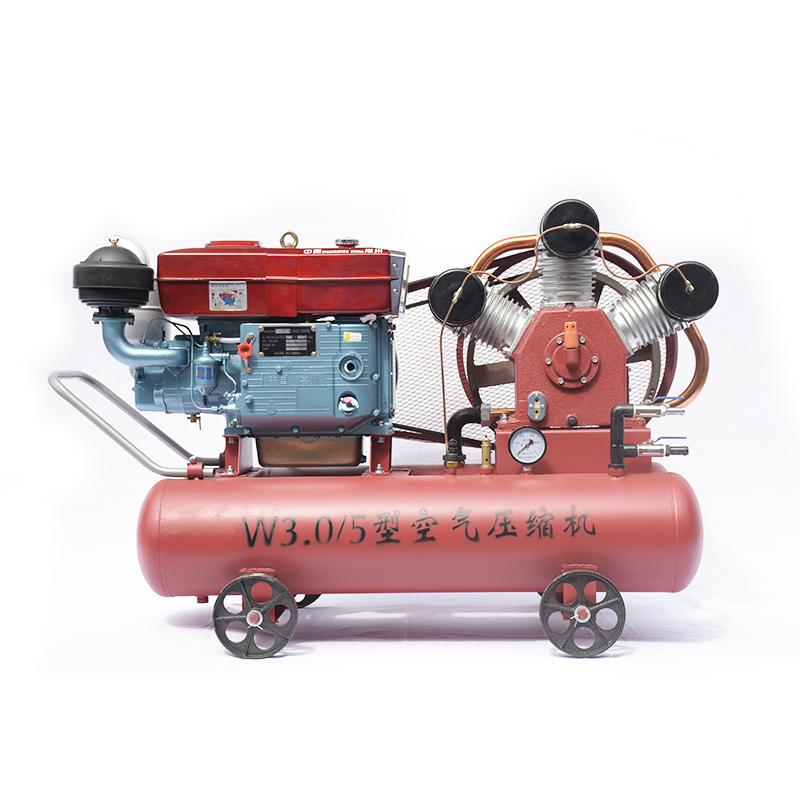
15kW Mining Diesel Piston Air Compressor W3.0-5
Diesel Portable Piston Air Compressor Mobile for Jack Hammer / Mining 1.Simple structure,light weight,easy to move . 2.Easy operating and maintenance. 3.High quality air delivery. […]
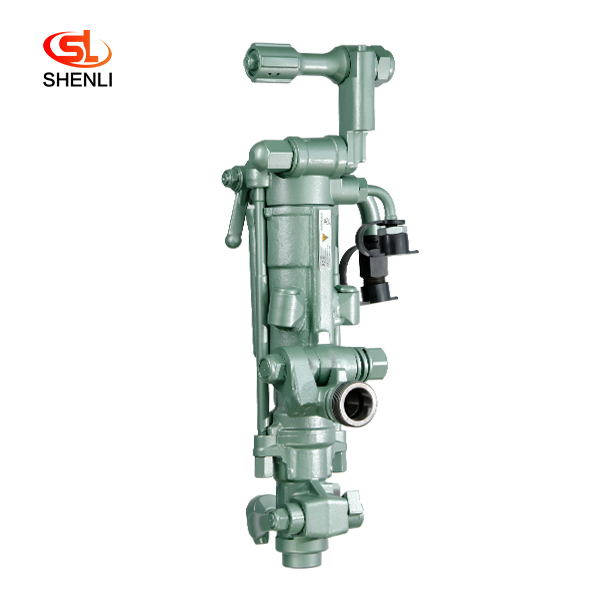
S250 Air Leg Pneumatic Rock Drill Pusher Leg Rock Drill
Product description: (S250 jackleg Drill) has been the preferred choice of miners who demand high performance, superior control and lasting reliability. the S250 jackleg allows ope […]
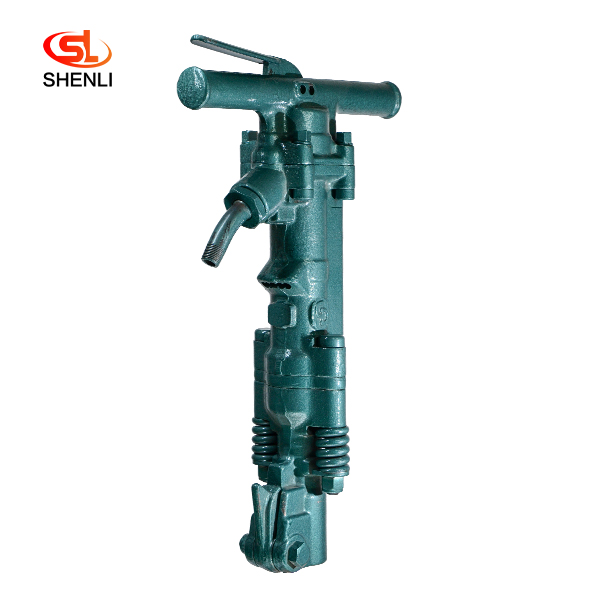
B47 Pneumatic Pick Air Shovel Cement Crusher Pneumatic Chipping Hammer
Product Description: B47 crusher adopts the mature technology of American Gardner Denver Pneumatic Group Company,It is a crushing tool powered by compressed air, which can finish r […]
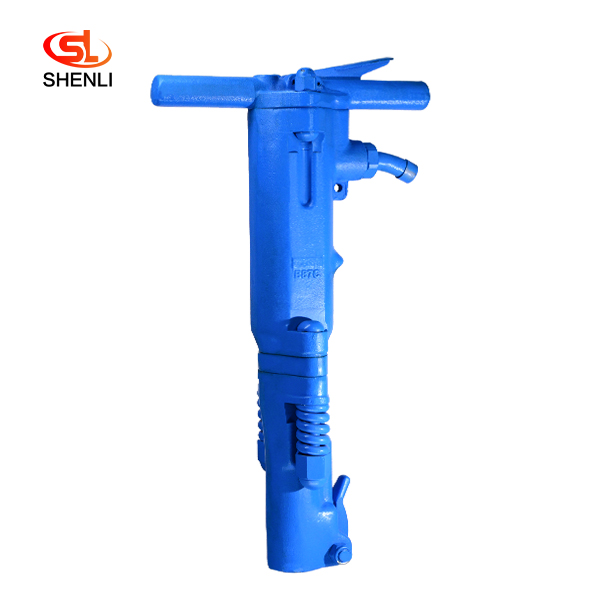
B87C Pneumatic Pick Air Shovel Cement Crusher
Product Description: The B87C crusher is made from Canada. Denver pneumatic Group company mature technology, with compressed air as a power crushing tool, can efficiently complete […]
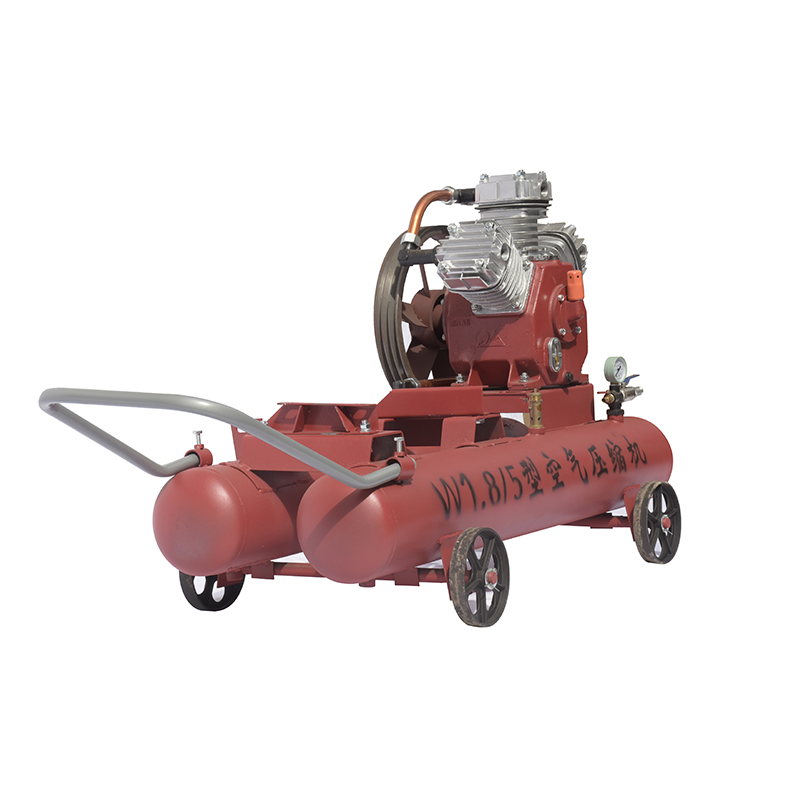
11KW Mining Diesel Piston Air Compressor W1.8-5
Diesel Portable Piston Air Compressor Mobile for Jack Hammer / Mining1.Simple structure,light weight,easy to move .2.Easy operating and maintenance.3.High quality air delivery.4.Su […]
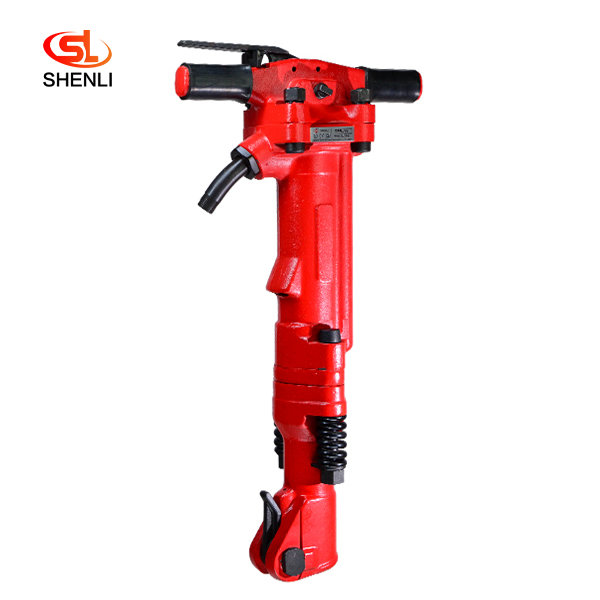
TPB90 Air Breaker Pavement Paving Breaker
Product introduction: TPB-90 crusher adopts the mature technology of TOKU Group, Is compressed air as the power of the crushing tool, can efficiently complete the reinforced concre […]
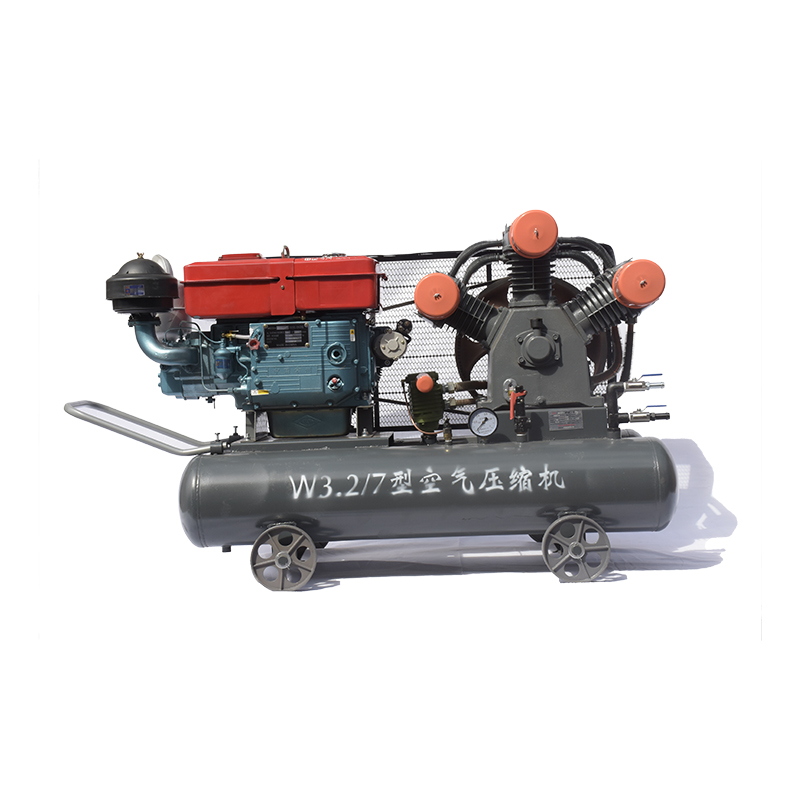
20KW Mining Diesel Piston Air Compressor W3.2-7
Advantages Small in size,light in weight, easy to move Top material and superior technology Simple structure, high efficiency, good performance, and low price Adopt the most popula […]